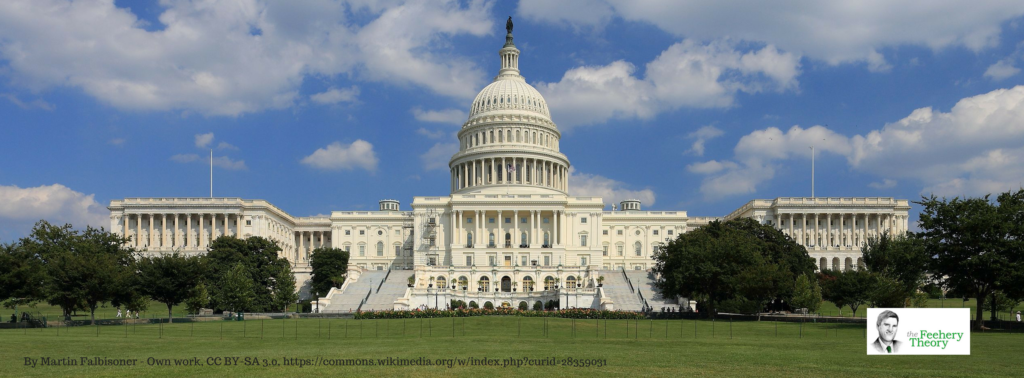Governing in Crisis Mode
Posted on September 14, 2017

"We want you to do it together.”
That was the message from my friend Rick DiBella, who was then producing Fox News Sunday, hosted by Tony Snow.
It was in the immediate aftermath of the Sept. 11 attacks. I had booked my boss, House Speaker Dennis Hastert (R-Ill.), to do a solo appearance and there was some immediate hesitancy to the request to allow Minority Leader Richard Gephardt (D-Mo.) to join him on the show.Truth be told, the Speaker didn’t care much for the minority leader. Gephardt had announced a public (and obnoxious) campaign to take back the House on the day Hastert was sworn in to replace Newt Gingrich (R-Ga.). Later Gephardt proved to be an unreliable partner when it came to selecting a new chaplain of the House, and Hastert suspected that his rival had fanned accusations that the Speaker was somehow anti-Catholic.
But we eventually agreed to the joint appearance, and it became clear that as the nation struggled to come to grips with the stunning terrorist attacks that killed 3,000 Americans in New York and Washington D.C., it was extremely important to put the appearance of partisanship aside, at least for a little while.
Gephardt and Hastert would eventually partner up on several other television shows and worked together to pass legislation that would make the country more secure against another similar attack. Indeed, as the Congress passed laws to rebuild New York, stabilize the airline industry, create the TSA, increase surveillance power for the nation’s intelligence agencies and declare war against the terrorists (without actually declaring war), Republicans and Democrats worked together in such a way that often alienated both the far left and the far right.
Later, when an unknown terrorist sent a letter containing weapons-grade anthrax to Senate Majority Leader Tom Daschle’s (D-S.D.) office, which shut down an entire Senate office building for a month, Gephardt and Hastert again worked together to secure the House side to make sure its members and staff were protected. When the Senate made a public show of staying in session, in contrast to the House leadership which decided that discretion was the better part of valor and decided to keep the Chamber closed, the two leadership offices bonded in a bipartisan way to protect the reputations of their bosses and of the People’s House.
The genius of our political system is that in times of crisis, our leaders have the capacity to rise beyond partisanship and ideological gridlock to deliver for the American people. We showed that capability after the Sept. 11 attacks, after Pearl Harbor and, I hope, after the twin shocks of Harvey and Irma.
During crises, the center usually holds, and while the extremes never truly go away, they do become less and less relevant. Even in the aftermath of 9/11, conservatives bellyached about plans to spend so much money on New York, and liberals stuck to their principles and voted against the Patriot Act and the war resolution.
It is the nature of our political system, though, that when the crises fade and business gets back to normal, part of normalcy is a retreat back to partisanship. That too has its uses. We cannot govern effectively or efficiently if we are always governing in crisis mode.
In fact, it is useful for taxpayers to have conservatives keep an eye on spending. Similarly, it is useful for citizens to have civil libertarians to keep an eye on those in the government who would erode freedom in the pursuit of security.
The current mayor of Chicago, Rahm Emanuel, once said, “you never let a serious crisis go to waste.” I assume Congress and the president will not let this crisis go to waste and it will get a lot more done this fall than otherwise considered possible.
(Published in The Hill)
